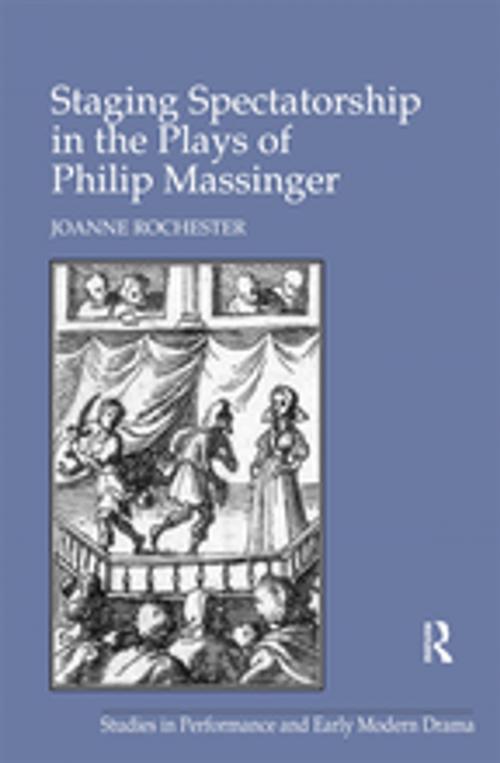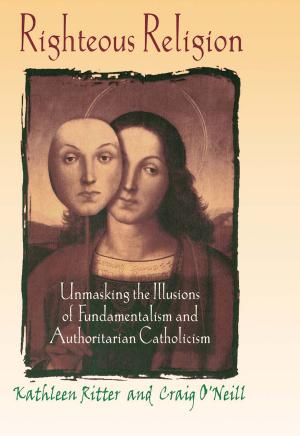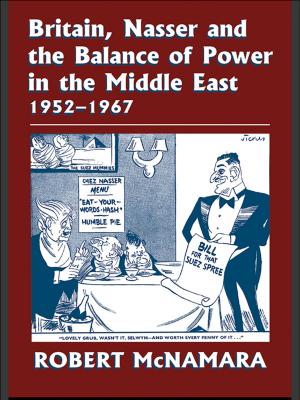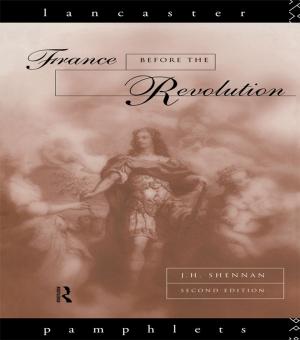Staging Spectatorship in the Plays of Philip Massinger
Fiction & Literature, Literary Theory & Criticism| Author: | Joanne Rochester | ISBN: | 9781351898188 |
| Publisher: | Taylor and Francis | Publication: | March 2, 2017 |
| Imprint: | Routledge | Language: | English |
| Author: | Joanne Rochester |
| ISBN: | 9781351898188 |
| Publisher: | Taylor and Francis |
| Publication: | March 2, 2017 |
| Imprint: | Routledge |
| Language: | English |
The playwrights composing for the London stage between 1580 and 1642 repeatedly staged plays-within and other metatheatrical inserts. Such works present fictionalized spectators as well as performers, providing images of the audience-stage interaction within the theatre. They are as much enactments of the interpretive work of a spectator as of acting, and as such they are a potential source of information about early modern conceptions of audiences, spectatorship and perception. This study examines on-stage spectatorship in three plays by Philip Massinger, head playwright for the King's Men from 1625 to 1640. Each play presents a different form of metatheatrical inset, from the plays-within of The Roman Actor (1626), to the masques-within of The City Madam (1632) to the titular miniature portrait of The Picture (1629), moving thematically from spectator interpretations of dramatic performance, the visual spectacle of the masque to staged 'readings' of static visual art. All three forms present a dramatization of the process of examination, and allow an analysis of Massinger's assumptions about interpretation, perception and spectator response.
The playwrights composing for the London stage between 1580 and 1642 repeatedly staged plays-within and other metatheatrical inserts. Such works present fictionalized spectators as well as performers, providing images of the audience-stage interaction within the theatre. They are as much enactments of the interpretive work of a spectator as of acting, and as such they are a potential source of information about early modern conceptions of audiences, spectatorship and perception. This study examines on-stage spectatorship in three plays by Philip Massinger, head playwright for the King's Men from 1625 to 1640. Each play presents a different form of metatheatrical inset, from the plays-within of The Roman Actor (1626), to the masques-within of The City Madam (1632) to the titular miniature portrait of The Picture (1629), moving thematically from spectator interpretations of dramatic performance, the visual spectacle of the masque to staged 'readings' of static visual art. All three forms present a dramatization of the process of examination, and allow an analysis of Massinger's assumptions about interpretation, perception and spectator response.















